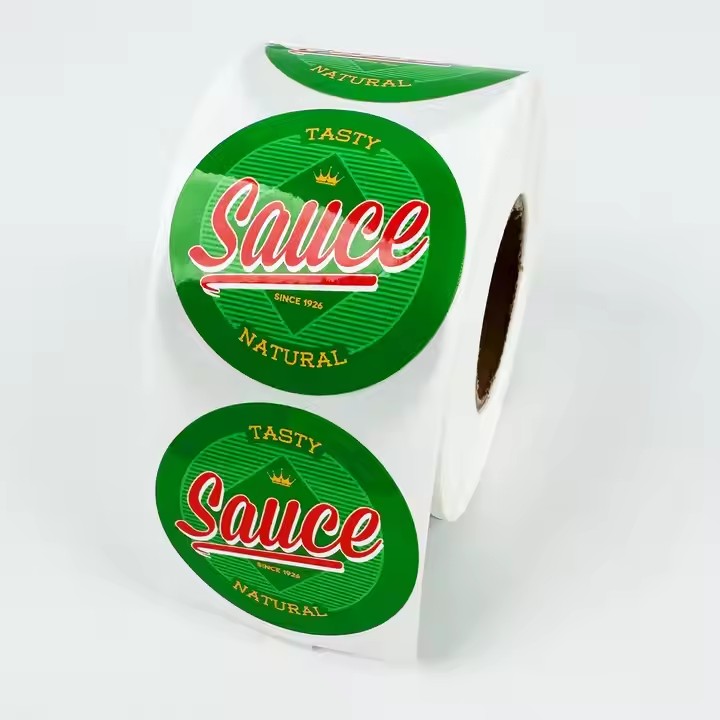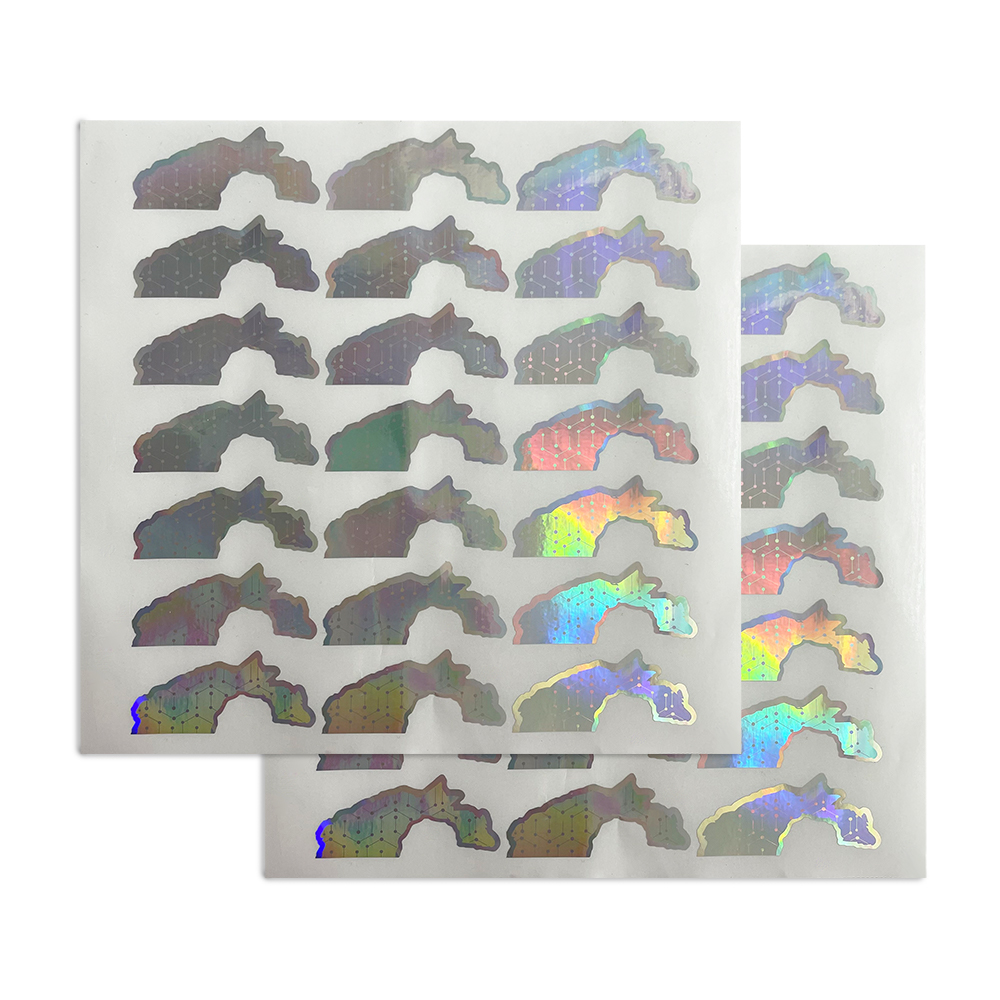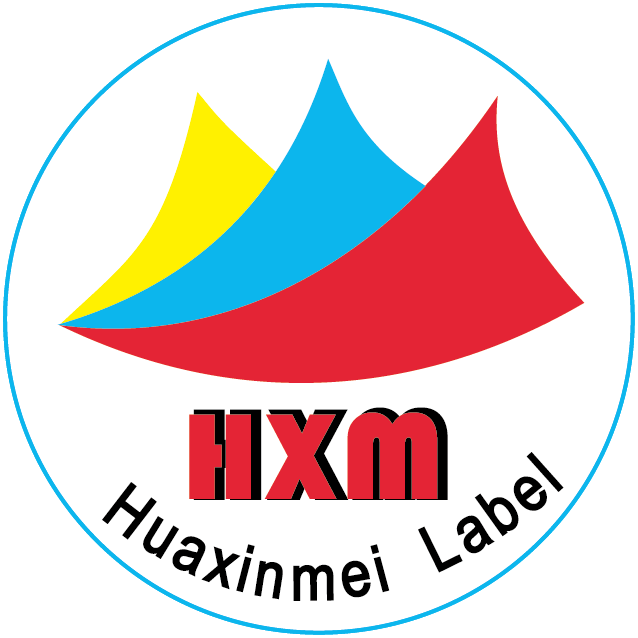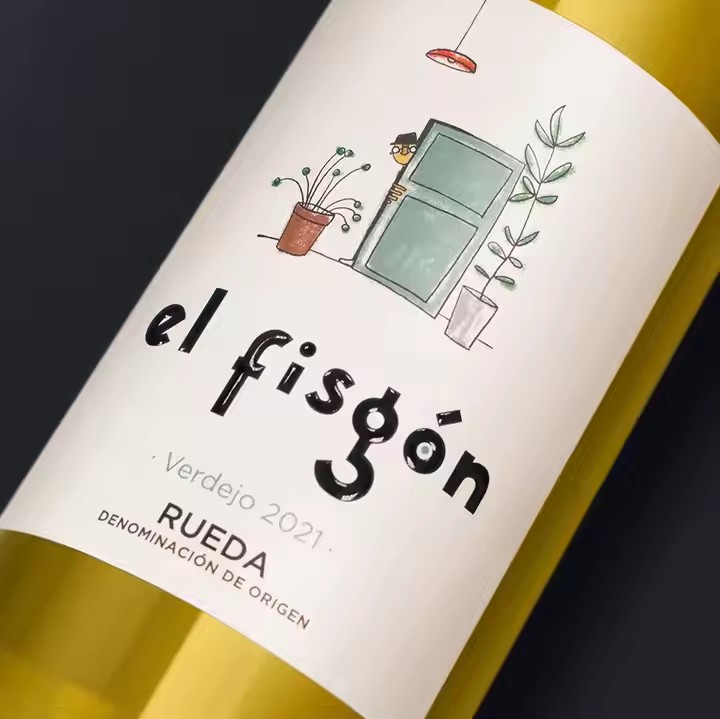- Before Design: Understand Needs and Choose the Right Materials
(1) Know the Purpose and Brand Positioning
Wine bottle stickers serve to:
Share product info
Show the brand
Help with marketing
Before designing, talk clearly with the brand to avoid unnecessary or complex designs.
Examples:
Basic info: Use small fonts or layered layouts to save space.

Brand look: Focus on key brand visuals. One whisky brand simplified their family logo to a line icon, which cut space by 40% but made it easier to recognize.
Marketing ideas: Use QR codes instead of long descriptions. This saves space and makes the design more interactive.
(2) Match Material and Size Properly
Choosing the right paper is key to saving material.
Tips:
Use standard paper sizes. Custom sizes can increase waste and cost by 30%-50%.
One craft beer brand changed label size slightly, cutting material cost by 18%.
- During Design: Make Smart Layouts and Use Efficient Techniques
(1) Layout Design: Use Space Wisely
Modular Layout Strategy
Split the sticker into parts:
Top: Logo + security mark (simple gold print)
Middle: Main info in grid format with tight line spacing
Bottom: QR code + batch number (QR at least 20×20mm)
Simple Fonts and Graphics
Fonts: Use clear, non-fancy fonts. Use wider fonts for better space control.
Graphics: Replace detailed images with icons. One wine brand cut a 12-color grapevine to a 3-color block, increasing material use by 25%.
White space: Leave 10-15% of empty space to avoid cutting errors.
(2) New Printing Layout Methods
Mixed-Shape Layouts
Put different-shaped stickers on the same sheet:
Rotate square stickers to fit more on the sheet
Use “one-cut” tools to reduce cutting waste from 15% to about 5%
Seamless Repeating Designs
For full-background labels (like stars or marble), use repeating patterns to reduce leftover edges.
One vodka brand used repeatable star patterns and saved 22% in label cost.
- During Production: Match Process with Design and Control Quality
(1) Improve Printing Efficiency
Use Better Ink
Water-based ink dries 30% faster than solvent-based.
Mix spot color + CMYK to use less ink overall (cut by 28%).
Tune Printing Machines
Adjust tension by paper weight to avoid paper wrinkles (waste down from 9% to 3%).

Use satellite flexo printers for more precise prints (cutting error margin reduced by 50%).
(2) Smart Cutting and Trimming
Digital Cutting Layouts
Use AI to plan cuts, fit big stickers first, then small ones. This cut waste from 23% to 11%.
Use laser cutters for tricky edges—precision improved, and rework cut from 15% to 4%.
Control Paper Tension When Cutting Rolls
Use automatic tension controls so the paper doesn’t stretch (size error reduced to ±0.5mm).
Use a “3-step quality check” before mass production: self-check, peer-check, and expert-check. Measure diagonals and print alignment on 50 test samples.
- Sustainable Design: Reuse and Eco-Friendly Materials
Use recyclable paper, inks, and smart design strategies to reduce waste and protect the environment while still keeping the label attractive and functional.


